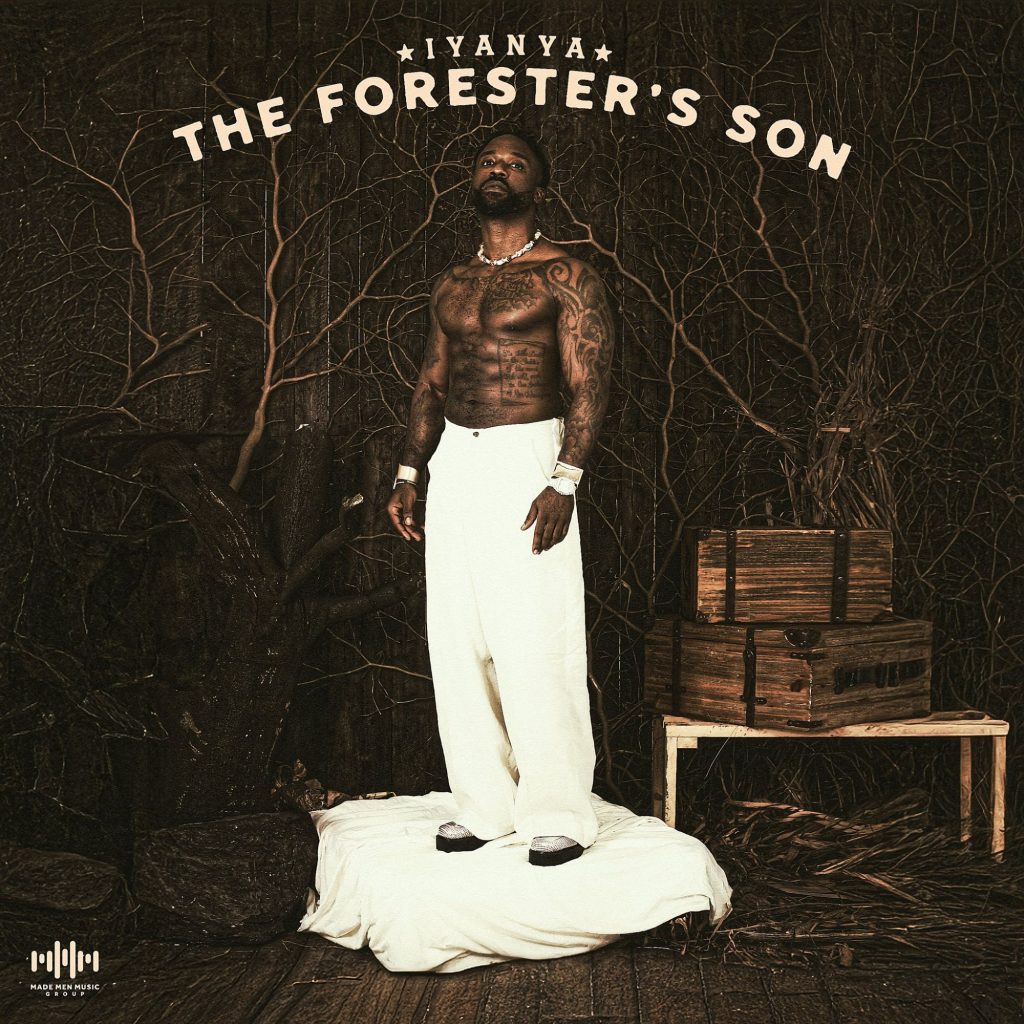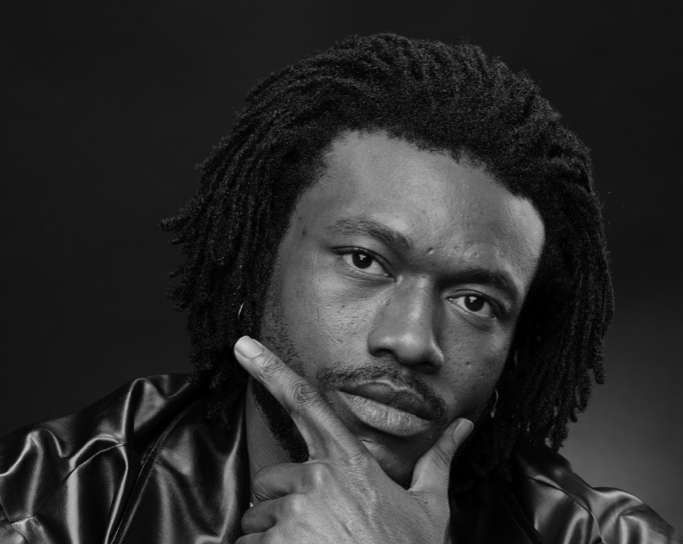In 2022, Asake’s unprecedented breakout year was the greatest in Afrobeats history for any new artist. The foundation of that wasn’t simply great music. It was great music that was incredibly dynamic and unique.
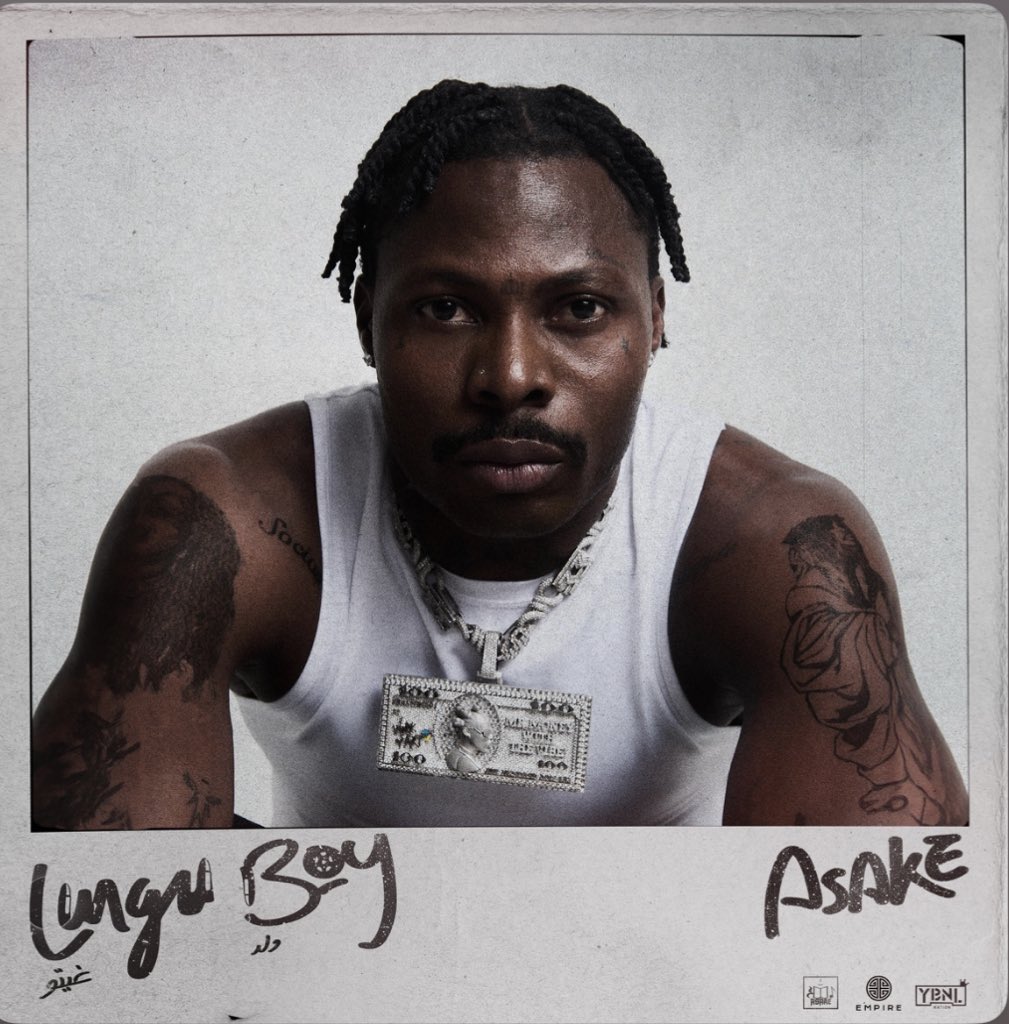
It is one thing for an artist to be artist of the year in their breakout year. It’s another thing for said artist to totally change the soundscape with elements of their artistry and remain the top innovator of the dominant sound of the mainstream. This was Asake when he arrived on the music scene with his unique blend of Amapiano fusion, that blended Fuji with Hip-Hop melodic rapping cadences. The music was great, unique and most importantly groovy—taking the industry by storm. And after a run of multiple hit records, he would cap it all off with an amazing debut album that is already the most streamed Nigerian album of all time (per Turntable charts.)
Going into his second year, expectations were high and rightfully so. It was always going to be difficult to top such an unprecedented year, yet Asake managed to do so. Within just 18 months of being in the mainstream, he sold out the O2 Arena—becoming the first artist asides the ‘Big 3’ to do so and released yet another classic album, that’s now the 2nd most streamed Nigerian album of all time (per Turntable charts.) With Lonely At The Top he also scored a record 13 weeks at the top of the singles chart, which is the most for any song. In 2 years, he has achieved superstar status and has definitely earned a break from releasing a new LP in 2024.
However, as it is with most street artists—being prolific is one of Asake’s stronger attributes and so a year and 2 months later after his sophomore album, we’ll get Lungu Boy. An album aptly titled to mirror Asake’s connection to the streets and ghetto. Despite achieving global superstar status, his background and even artistry were still dogged and he was still in every way a ghetto boy. One would have expected Asake to double down on the unadulterated spice of the indigenous flavor of his music, as that is in line with the album sentiment. Instead he does the opposite and makes his most ‘accessible’ music ever. And whilst that is not a bad thing in itself, he doesn’t maintain the crux of his artistry in the process.
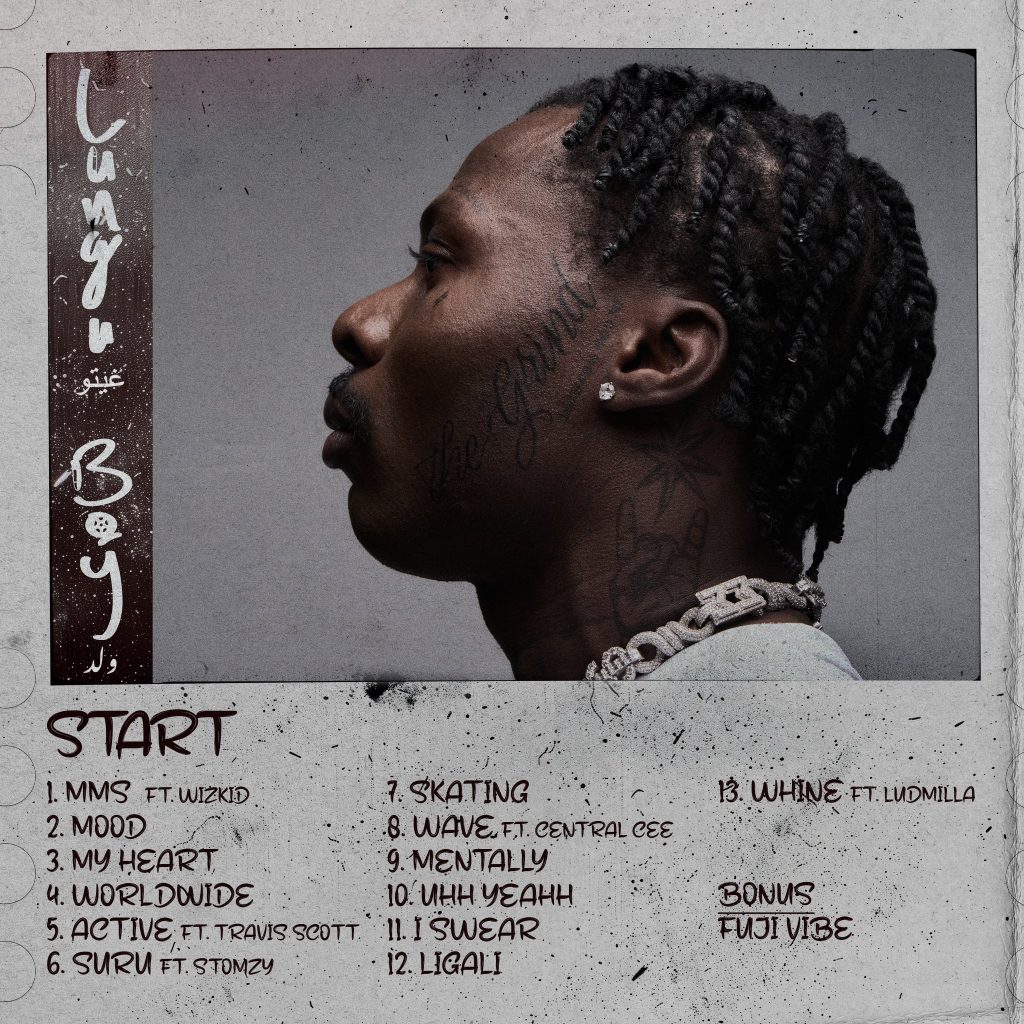
This writer doesn’t have a problem with Asake expanding his horizons and making more expansive music, that ventures past the borders of his unique blend of Fuji, Hip-Hop and Amapiano. This album is very experimental and ambitious in its sonics, more than his previous 2 albums and the production is mostly great to back it up. It was a genius move to re-unite P.prime, the best young producer in the game with his mentor, Sarz—one of the greatest African producers of all time. So you have great production nailed down, alongside strategic impressive guest appearances from Travis Scott, Central Cee, Stormzy and Wizkid.
The premise of everything is great really, and at surface level nothing seems wrong with the album until you come to the inevitable realization that a certain sauce is missing. The Asake we know, for his dexterous, dynamic flows and tight melodic rapping cadences is absent here. The Asake that never lets the beat breathe and carries it instead, is getting carried by the beat here. The Asake that hardly gets outshined by anyone on a song, is basically a passenger on most of his own songs on this album.
One could chuck this to a variety of factors. It could simply be creative burnout for the superstar, as releasing 3 albums in 3 years could be exhausting, especially for a touring artist that’s always on the road and is in very high demand. Some people have also noted that label boss, Olamide’s input on this album is minimal as the veteran rapper co-wrote the bulk of his sophomore album with Asake and AnR’d his first album. Of course, there is no sure way to ascertain Olamide’s level of input on Asake’s third outing, but there is no evidence that points that he wasn’t involved creatively. Whichever the reason is, Asake sounds uninspired and his writing, alongside his delivery isn’t as great as usual.
For example on a licentious record like My Heart, in the past Asake would have waxed poetic about the vibrations of his woman’s waist and also drop some philosophical musings in the middle of it like he did on Introduction and What’s Up My G off Work Of Art. But on this song, Asake’s lyricism doesn’t transcend cliche constraints and whilst the lively guitar strings and Spanish ambience flatter the pathos of the song, the beat selection and arrangement doesn’t elevate Asake’s delivery and vice versa.
Mood is a more successful venture into that Spanish soundscape, with the majority of the second verse sung in Spanish but the song however remains stuck in gear one throughout, as nothing dynamic happens delivery or production wise from Asake, which is very uncharacteristic of him. MMS might be a decent offering in itself, that manages to pull something of an inspired delivery from Wizkid, but as a part of the album—it epitomizes all the problems wrong with the album.
Gone is the Asake on Palazzo, that packs so much vigor and charisma in very mouthful hooks and here is a much tamer, watered down version of Asake that resorts to the most basic structures of a hook. This problem is more evident on songs like Worldwide, Ligali and I Swear, where he’s clearly trying to recapture the magic of his old songs, but doesn’t quite hit the mark. On Worldwide, the build-up and intermittent rise of his energy at the start is compelling but it never reaches breaking point, where he bursts into the flames we know he’s capable of.
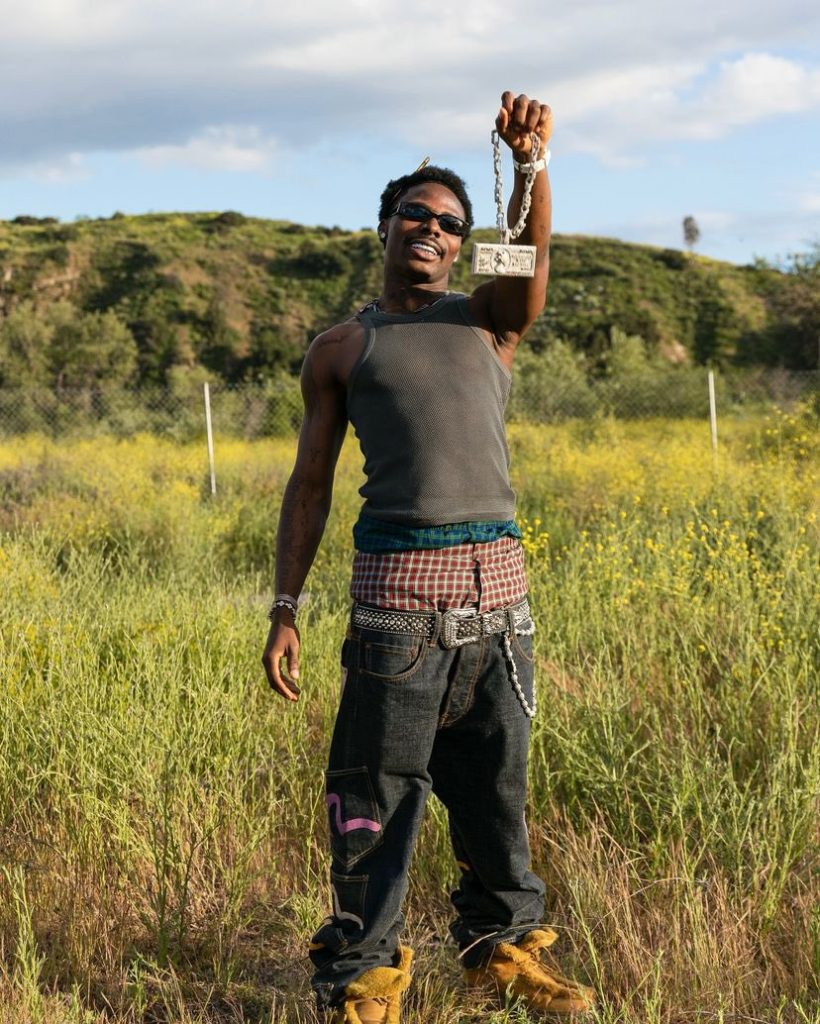
Ligali starts out with an energetic Asake delivery on a kinetic bounce and Fuji horns, but ultimately comes apart at the seams after the hook in its second verse with a tired, uninspired delivery. I Swear maintains those soulful horns, with a more impressive vocal delivery from Asake and a return of the usual stacking of crowd vocals that makes his music very layered. Yet, Asake struggles to hit the usual heights of dynamism and wittiness on his verses.
Suru ft. Stormzy has one of the stronger hooks on the album and a very somber sonic atmosphere and reflective, introspective verse from Stormzy that matches the sentiment. Asake delivers the goodies on his verse and whilst he might not be at his dynamic best, the pace of the beats don’t demand that much from him. If this song was on his other two albums, it would have been a deep cut for specific sects of his fanbase but on this album it’s a fan favorite. That speaks to the quality of the other two and how this one pales in comparison.
Songs like Skating and Uhh Yeahh are mostly salvaged by great production, that saves them from the depths of mediocrity. Skating is easily the worst song on the album and Asake’s lyricism and delivery is so bad, it’s almost humorous you wouldn’t be able to help your laughter Uhh Yeahh on the other hand is an ingenious fusion of house music and the party starting bounce of Fuji. Unlike Skating, it’s not a bad song but Asake is carried by the beat.
Album opener, Start is too short to be make a lasting impression although this writer thought Asake’s short delivery was sublime and the sampling choice, great too. Whine ft. LUDMILLA however, isn’t such a great venture into Caribbean tides. While it’s not inherently bad either, Afrobeats has been spoiled over the years with great fusion of Afro-R&B and Swing influences and this one doesn’t quite hit the mark, despite it having the tendency to get better with subsequent spins.
Lungu Boy really comes alive on the 2 pre-released singles, Wave ft. Central Cee, Active ft. Travis Scott and Fuji Vibe, as well as Mentally. While the singles don’t exactly have Asake in his impressive rapping cadences, the overall musicality of the songs is impressive. Active is a fusion of EDM and Funk elements, on which Asake delivers with a Hip-Hop cadence over a Fuji sample. That’s four different genres of music interacting seamlessly. Wave on the other hand is a great summer bop with creative Amapiano fusion production, that reminds you of the fact that Magicsticks is simply the maestro in that soundscape. Central Cee is also one of the more memorable appearances on the LP.
Mentally might be the only song on the LP, Asake manages to dig deep and find that brilliant, old spark that we know all too well. The song doesn’t even have the most sophisticated production but in usual Asake fashion, he carries the beat with his constantly malleable flows and his relentless effort to find every pocket on the beat. Fuji Vibe on the other hand is a love letter to OG Fuji lovers, with the sort of visceral, live percussion that’s so immersive that it replicates the whole live experience. Capping the song off at 5 minutes though, for an extended assault of drums—might have hampered its potential hit status, but in itself it elevates the record.

With Lungu Boy, Asake was aiming to complete a trifecta which is three successive critically acclaimed and commercially successful albums, back to back to back. Whilst his previous 2 albums, were masterpieces on arrival, despite Work Of Art facing some initial ludicrous monotonous claims—Lungu Boy is only a decent album that would probably need a longer time to notch a classic status, if feasible.
Indeed, it’s breaking all the streaming records but that’s almost expected from a good album by the country’s newly minted superstar. From any other artist, this album might be even more revered than it is but for the standards Asake has set for himself, one can’t help but fight the feeling that this album doesn’t do enough.
Final Verdict:
Sonic Cohesion & Unharried Transitions: 1.5/2
Expansive Production: 1.8/2
Songwriting: 1.2/2
Delivery: 1.2/2
Track Sequencing/Topical Progression: 1.3/2
Total: 7.0/10


